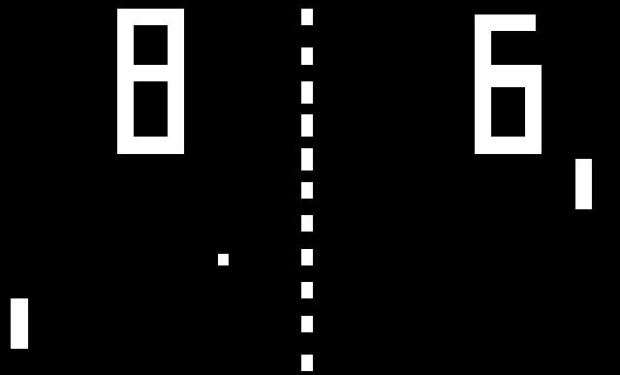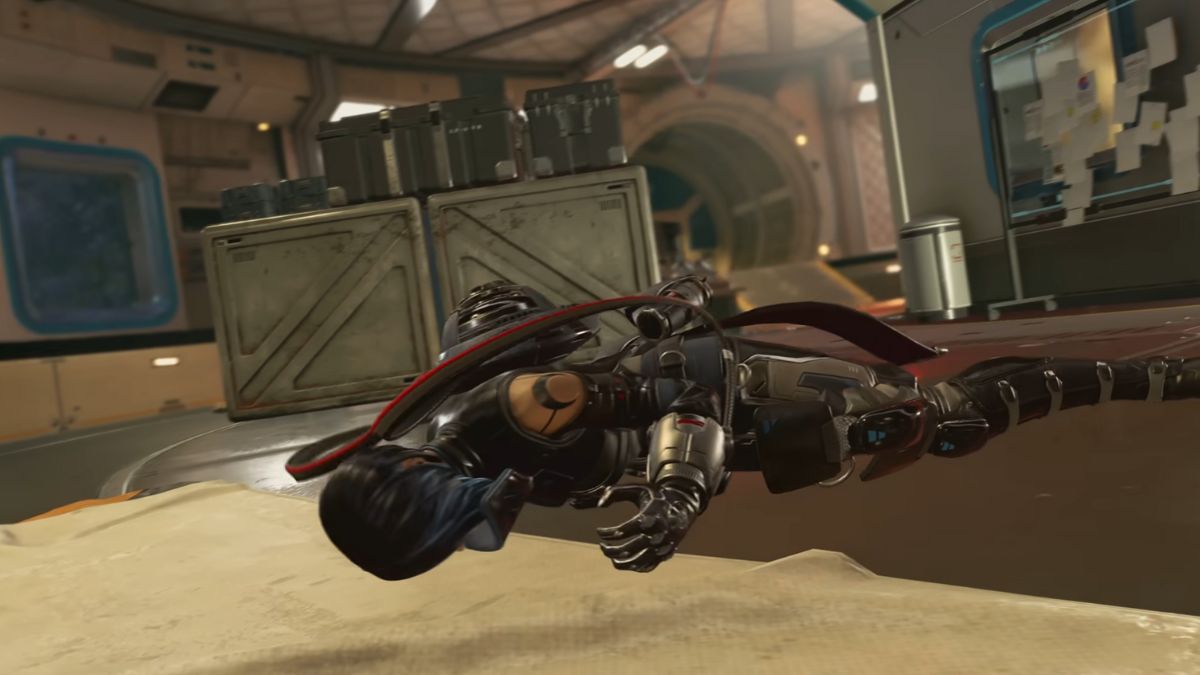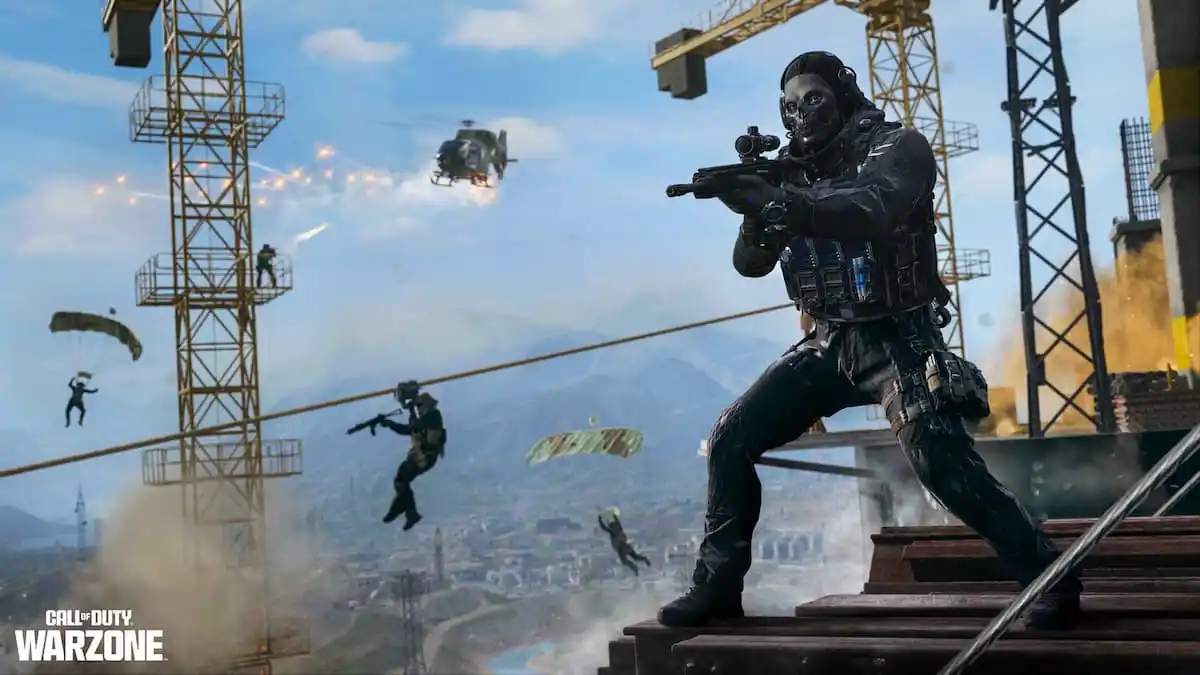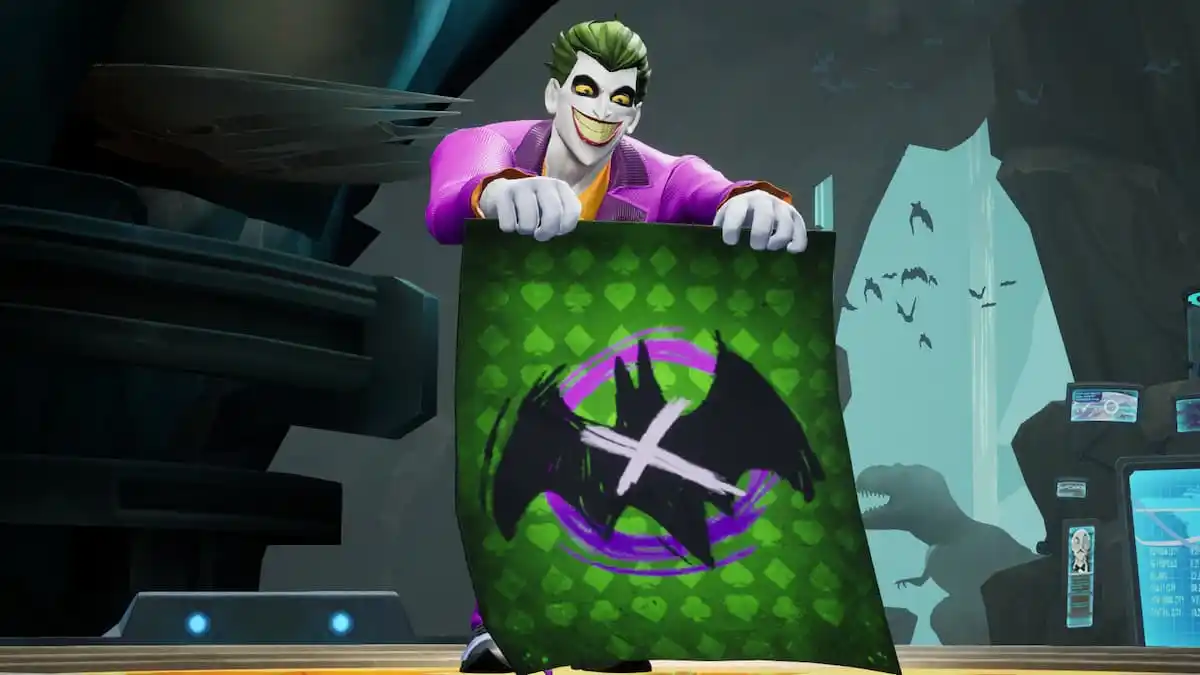[It’s time for another Monthly Musing — the monthly community blog theme that provides readers with a chance to get their articles and discussions printed on the frontpage. Also, I don’t think I’ve ever read a better introductory paragraph than what walkyourpath has done here. — CTZ]
Gameplay progression often imitates the natural world. Human life is merely a lvl. 99 single-celled organism, where experience was gained by defeating the forces of natural selection over time. Life continued to add XP points into our physical, mental, emotional, and social attributes over the ages until we found ourselves with no natural predators, only an endless series of raids to score better and better loot until we die.
If you are a person of faith, and choose to tread the middle ground between evolution and creationism — it could then be said that God is the ultimate MMORPG addict. I suppose that makes sense too, God created us in its own image (or avatar), and then proceeded to level grind us from the ocean to the land, for millions of years until reaching the modern era. If that’s true, then free will must be like when there’s really bad AI and an NPC won’t do what it’s supposed to on an escort mission. That would also mean that Mountain Dew really IS the nectar of the Gods.
Modern gameplay embraces this concept of evolution, and this is easily observed in how RPG elements have insinuated themselves into nearly every genre of videogame. That videogame graphics are evolving is hardly disputable, and the scope of games has also evolved — from two lines and a dot bouncing back-and-forth to huge open worlds, teeming with activities and choices.
There is one aspect of gaming that seems to be stuck wholly in the creationist worldview, however, and that is character development. While plots evolve from escaping a small village to incorporate saving the entire world, our protagonists, the characters we play as for many hours of our life, are often as thin as Kate Moss after a three week coke bender. They spring into life already defined, and then refuse to budge from that point. There’s no arc, no sense of starting one place and ending somewhere else. Like Ben Stein in Ferris Bueller’s Day Off, videogame protagonists are a monotone droning in a world otherwise filled with vibrant sound and color.
What do I mean by arc and evolution in game protagonists? Let’s examine a few characters to illustrate the point.
Polka in Eternal Sonata begins the game as a naive, unassuming, and passive young girl. Throughout the game, she never stops growing in power, overcoming foe after foe, even proving that she could defeat the most powerful evils in her world with an UMBRELLA, no less! And how does that shape the way in which she communicates, experiences her own capability, interacts with others, and approaches conflict? At the end of the game, she is still an insecure, withdrawn, and one-dimensional character. It’s a huge cognitive dissonance when a protagonist’s character and personality don’t progress in line with their experience in the game.
Polka too “Easterny” for you? Protagonists in the West don’t fare much better. Enter the most recent Prince of Persia. Our protagonist here begins harmlessly enough as a cocky and flippant treasure hunter. No worries there. However, after winning the love of an altruistic woman, facing the darkest force of destruction from an ancient time, and seeing the decay of a once proud nation now humbled … he’s STILL a smarmy little fratboy douchebag. If he had chosen to abandon Elika, or to act purely in his own self-interest, this wouldn’t bother me so much. But the fact that he chooses to do things that are so blatantly against his nature and history without that changing him in some profound way just doesn’t sit right with me.
 “No, I don’t want to listen to Papa Roach with you.”
“No, I don’t want to listen to Papa Roach with you.”
Some game developers have smartly attempted to counter this trend by using different techniques. Valve cleverly popularized the idea of the silent protagonist in the Half-Life franchise. By having Gordon Freeman remain mute while other characters are not, the player is forced to assume the role of the character, thereby experiencing the arc of the story themselves. How you feel about different characters and respond to the journey you’ve taken evolves throughout the course of the game. This sidesteps the issue of having to present character development, as the player supplies it themselves.
I feel, however, that while effective and unique for its time, the “strong but silent” approach to the problem is also an evolutionary dead-end. This technique avoids all the bad aspects of poor character development, but it also guarantees that one of the most important parts of character development will always be denied. As Gordon Freeman, you will never be able to express to Alyx how you feel about the events that are unfolding or the things you’ve accomplished. Without the feedback loop between the character and the world it inhabits, there is no possibility for truly meaningful character development.
On the opposite end of the spectrum, you have Bioware. They have made a reputation out of giving unprecedented control over protagonist expression in the game world. Players can choose their response to nearly everything another character expresses in their worlds. This is also a clever way of addressing the issue. However, as much as I love what Bioware does in their games to increase the immersion through character interaction, I feel that often the way it is crafted creates a sense of hollowness.
It feels at times that you’re just arbitrarily choosing between a nice response, a neutral response, or a mean response over and over again. In Mass Effect, Shepard is exactly as good or evil in how he can respond towards the end of the game as he is at the beginning. Just like the complaints about moral choices in modern games, there’s no sense of loyalty to playing the character in one direction or another, other than earning achievements/trophies, or seeing a specific ending.
 Why is Wrex dead? Ummm. . . because I’m an achievement whore???
Why is Wrex dead? Ummm. . . because I’m an achievement whore???
I’d love to see developers add some more variation and nuance to the characters we inhabit so regularly. If I’m playing a good character or path, maybe don’t always give me the “evil” option when I’m talking. Instead, later in the game, you could give me the “righteous” option where my victories over the forces of evil tempt me to act holier-than-thou towards other characters. If I’m playing an evil character, maybe don’t always give me the “good” option. Instead, later in the game, give me the “realist” option where I can recognize that sparing a life might help me to more easily achieve my goals in the future.
These flavored options would allow me freedom, without being wildly out of character with my actions up to that point in the game. This would offer a whole new level of replayability, in that I not only want to experience the growth of my character’s power in one direction or another, but also my character’s inner journey.
I recognize that the requirements in terms of sheer volume of dialogue and the ability to apply this concept to branching paths without developers heads exploding Psi-Ops style presents a significant barrier to seeing this issue get addressed. That doesn’t mean we can’t make our concerns and hopes for the future of storytelling in games be known.
Please don’t misunderstand me. I don’t think every game under the sun needs to explore these themes and techniques in-depth, and many times it’s all good to just let the gameplay drive the experience while the story takes a backseat. Castle Crashers comes to mind here. It can be a blast just to know that you’re good, they’re bad, and if you hit them enough, you will eventually win.
 Not Pictured : Portrait of the Artist as a Young Man, by James Joyce
Not Pictured : Portrait of the Artist as a Young Man, by James Joyce
In conclusion, almost all game protagonists experience the acquisition of power or ability over the course of the game’s story. I would like to see that evolution of protagonist capability reflected in the ways in which those characters develop over time. With gameplay, graphics, and game world scope charging boldly on into the unknown future, it’s strange to see character development get left by the wayside. Like a neanderthal at a tea-party, as much as you try, it’s a discrepancy that can’t be ignored.




